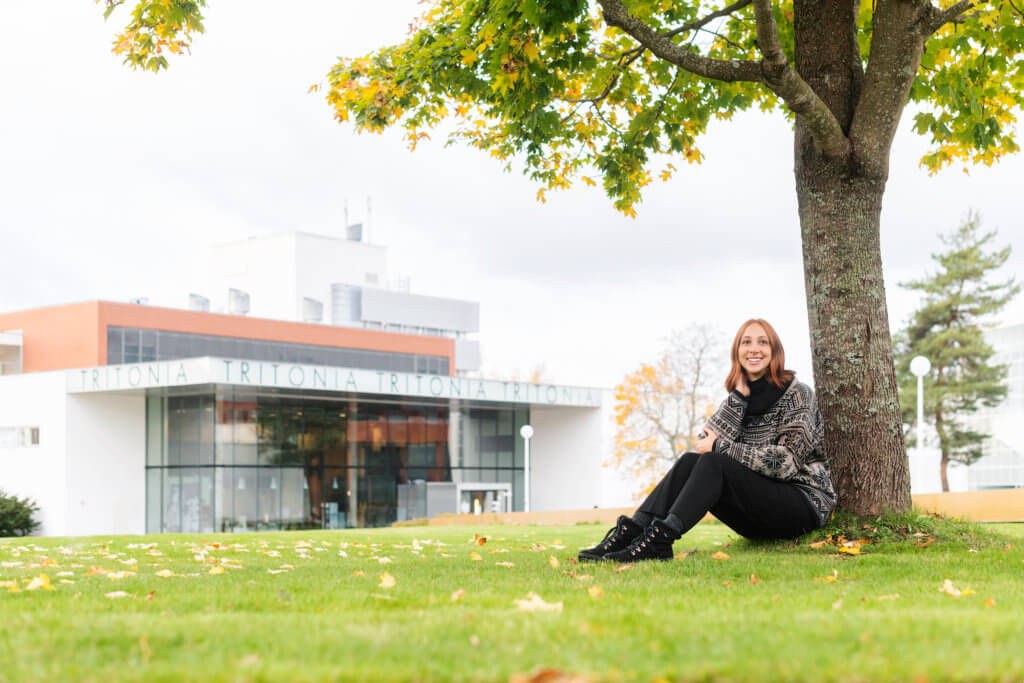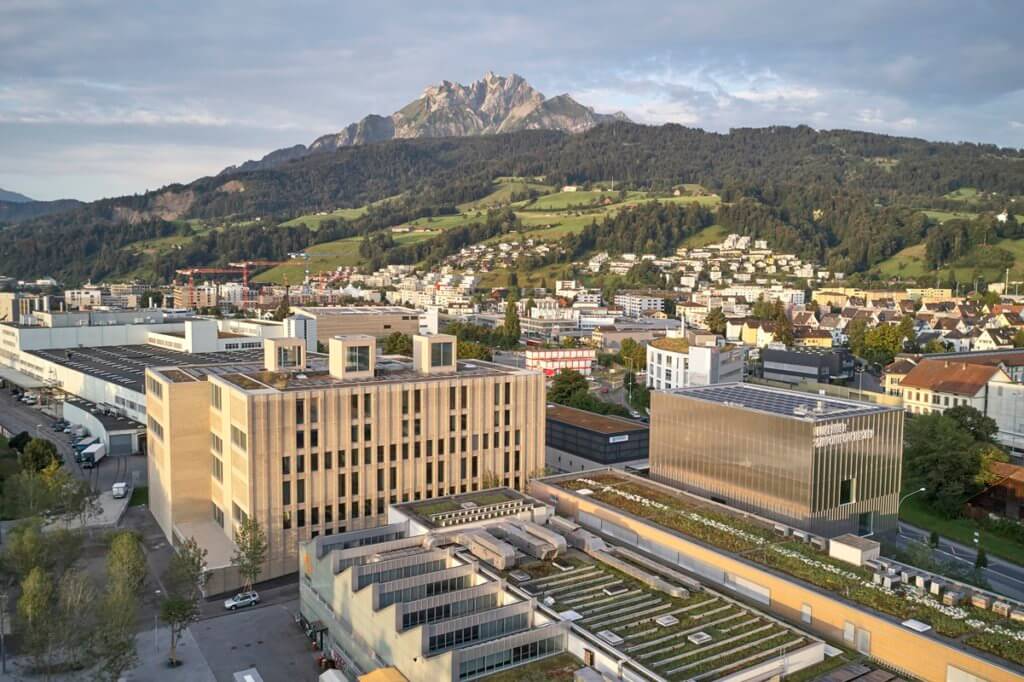
With a projected future population of 10.8 billion people by 2100, making the world a more sustainable place is becoming a critical issue. The United Nations has set forth 17 Sustainable Development Goals including clean water, affordable energy and climate action, as part of the 2030 Agenda for Sustainable Development.
Sustainability goes by many names and takes many forms — sustainable entrepreneurship, corporate social responsibility and so on, which can make the solution-finding undertaking even more difficult. This might explain why more universities are creating degrees within Science, Technology and Engineering that will help graduates create a variety of solutions to protect the environment for the present and the future.
Engineers and scientists help make our lives safer, easier and better through thinking about how to solve the world’s problems with creative solutions incorporating new technologies. If you like to work in teams and make a difference by protecting the environment, why not consider a career in Science, Technology and Engineering?
Check out these four universities with unique master’s programmes that produce job-ready graduates that will better the world with responsible innovation.
University of Vaasa: School of Technology and Innovation

Source: University of Vaasa: School of Technology and Innovation
Located in western Finland, in a beautiful seaside campus, the multi-disciplinary School of Technology and Innovation has a strong international reputation of carrying out impactful research on global issues including energy and sustainable development. Teachers and professors are committed to help students succeed through providing high-quality teaching and individual guidance.
The School of Technology and Innovation offers the following English-language, ASIIN-accredited, two-year programmes. The Master’s Programme in Industrial Management is ranked 15th in the top 200 in Industrial and Operations Management, Western Europe, in the Eduniversal Masters Ranking 2019. Students gain skills to work in tasks that require high level business and technology knowledge.
If you are curious about how complex industrial systems work and passionate about design and analytics, choose the Master’s Programme in Industrial Systems Analytics. This programme provides the content, models and methods to design, develop, implement and operate complex processes and systems in the industry, and elsewhere.
If you are interested in energy transition and designing solutions for sustainable and smart energy systems, the Master’s Programme in Smart Energy may be a good fit. The programme provides you with the capabilities to create future-proof solutions for sustainable and smart energy systems..
Vaasa city is home to Finland’s leading renewable energy industry hub within the Nordic countries and is considered Finland’s sunniest city. The university is known as the forerunner in smart grid networks and provides an excellent opportunity to cooperate with the surrounding network of energy business companies
The Renewable Energy research group, part of the School of Technology and Innovation, mainly focuses on technical research. Many of its research projects are multidisciplinary. Through on-going research projects with partners from different universities, universities of applied sciences and companies, the group also examines aspects of social sustainability, business economics and energy law.
The University of Manchester

Source: University of Manchester
The University of Manchester, part of the esteemed Russell Group of universities, is ranked top in the world for social and environmental impact, and well-known for excellent teaching. Being the only UK university to have a core goal of social responsibility, this university’s Stellify approach will help talented students make a difference through academic and extracurricular activities. The many global partnerships at this university attract a large number of international students.
Offered by the Department of Electrical and Electronic Engineering, the Master of Science in Renewable Energy and Clean Technology helps students learn about principles of solar, wind and marine energy technologies and how to distribute and integrate renewables into zero-carbon built infrastructure. Manchester Engineering Campus Development, which will be ready in 2022, will allow students to enjoy facilities at the new home for engineering and material science.
Course offerings include smart grids and sustainable electricity systems and interfacing clean energy systems among others; since this course is multidisciplinary, students can expect to contribute to energy system management technologies such as renewables use and energy-efficient building design.
The master’s programme, accredited by the Engineering Council via the Institution of Engineering and Technology, can be completed within a year full-time.
Lucerne University of Applied Sciences and Arts

Source: Lucerne University of Applied Sciences and Arts
Stunning scenery amidst the mountains and evening sky. Source: Lucerne University of Applied Arts and Sciences, Facebook
The Lucerne University of Applied Arts and Sciences, as a university for six cantons of Central Switzerland, is home to 7,800 students in six schools and 1,900 staff.
The School of Engineering and Architecture has been conducting research and teaching students for over 60 years.
The expert-led Master of Science in Engineering, taught in both German and English, allows students to enhance their professional career by doing research and projects in their preferred specialisation; 12 specialisations are available including Building Technologies and Energy and Environment.
Students wishing to focus on Energy and Environment are taught to think about economic, legal and social aspects in creating renewable energies solutions through applied research, development projects and using the latest tools and technologies. The two fields apply different concepts — for Energy and Process Engineering, students focus on making operation processions for energy use more efficient; Environmental Engineering is more of searching for solutions to lessen the impact of environmental issues such as exhaust fumes and wastewater.
University of Porto

Source: University of Porto
As the second largest university in Portugal, the University of Porto is among Europe’s top 100 universities. With a heavy focus on research and development, the University of Porto has over 28,000 students in 15 different schools including the Faculty of Engineering (FEUP). This particular faculty with many award-winning educators has a strong global reputation in the engineering field. In fact, FEUP is the first institution in Portugal to have all engineering courses bear the EUR-ACE Quality Mark, recognised by the European Network for Accreditation of Engineering Education
With over 25 diverse master’s programmes, students can choose whichever fits their academic interests. For example, the 90-credits three-semester Master in Environmental Engineering is about applying technologies to reduce the hazardous effects of pollution where students gain knowledge of environmental and business management. Students will be trained in basic sciences and engineering; they can then specialise in optional curricular units such as renewable energies.
Another option is the two-year Master in Innovation and Technological Entrepreneurship where students will learn how to become managers and entrepreneurs for new businesses. They can expect to be guided by knowledgeable professors and executives to establish their business at local and international levels.







